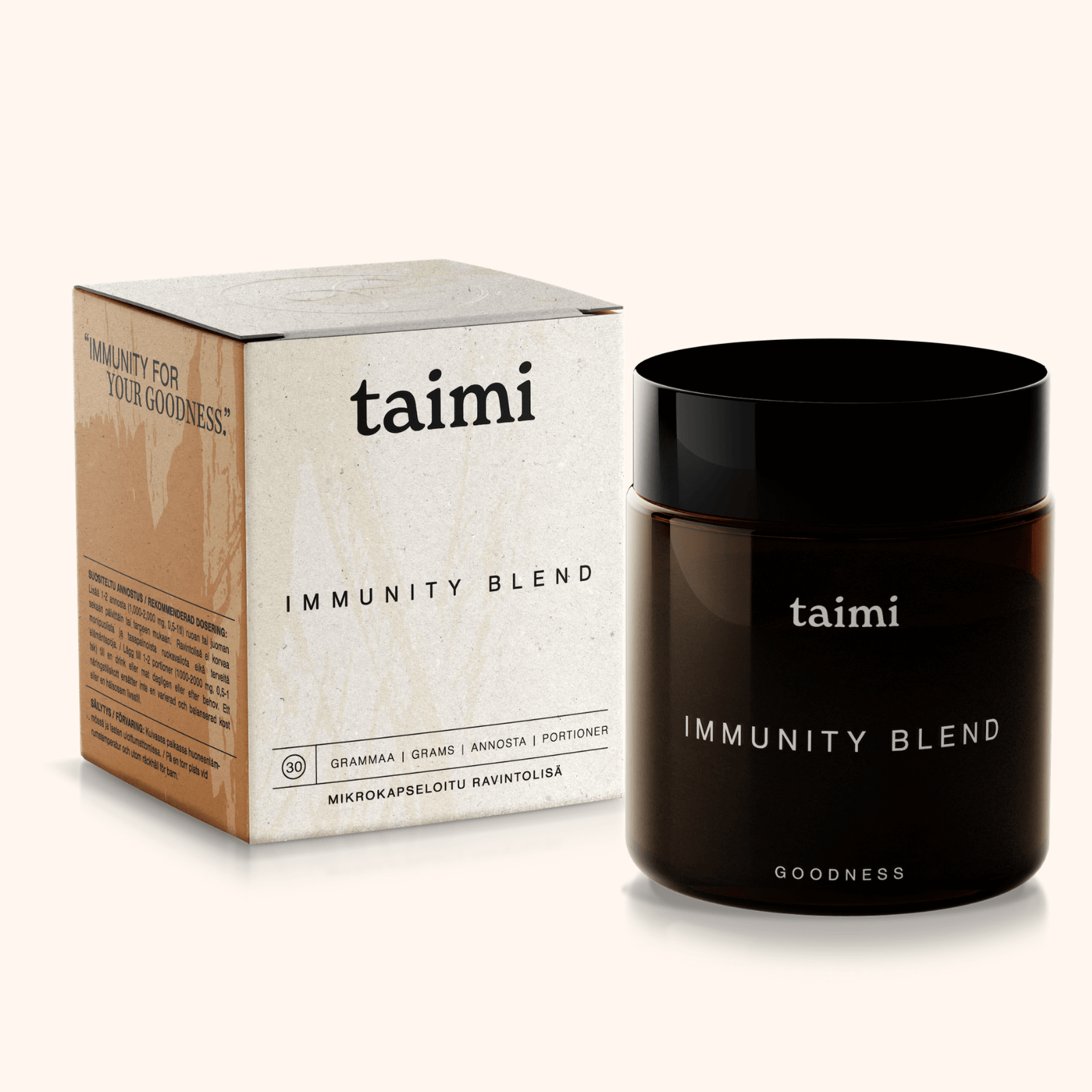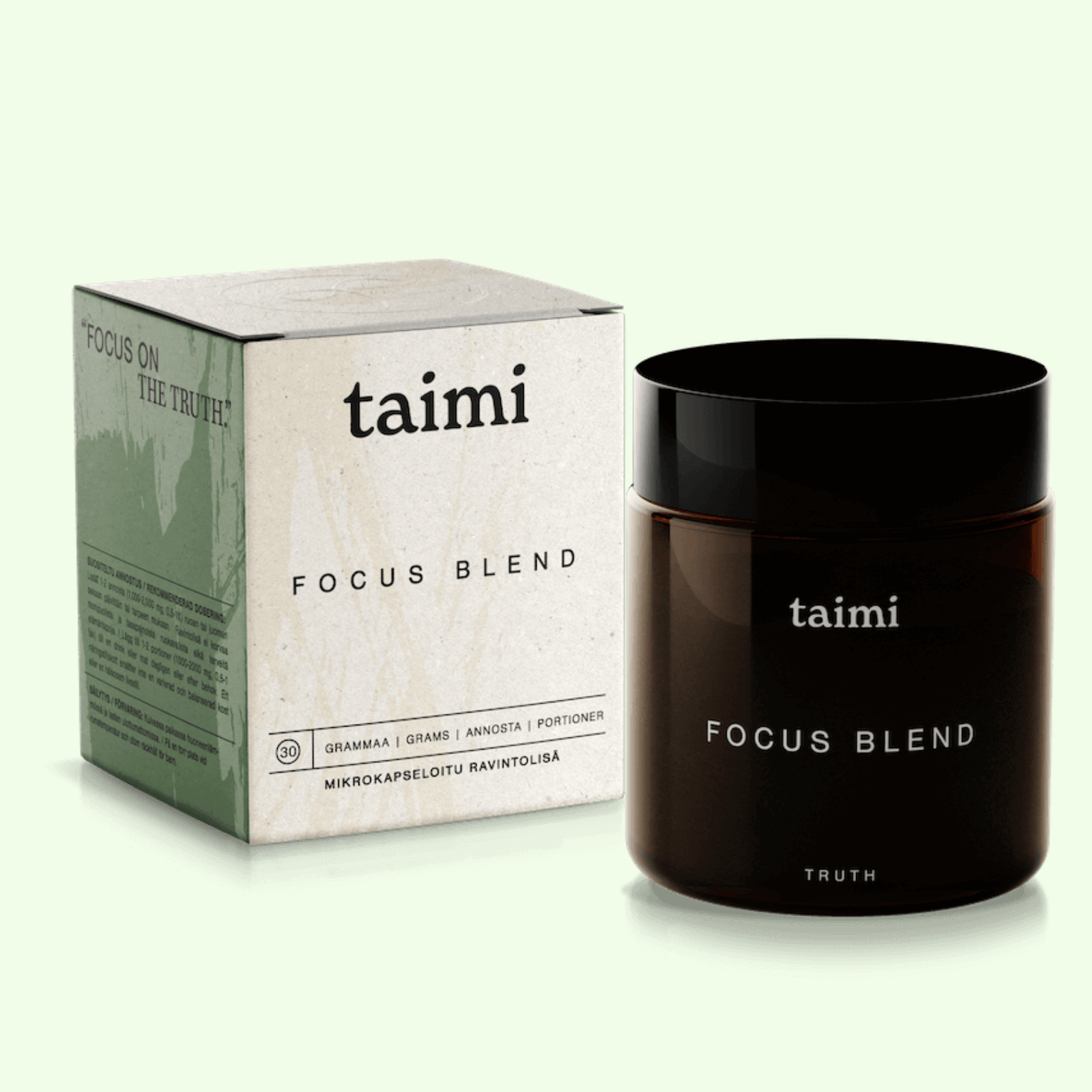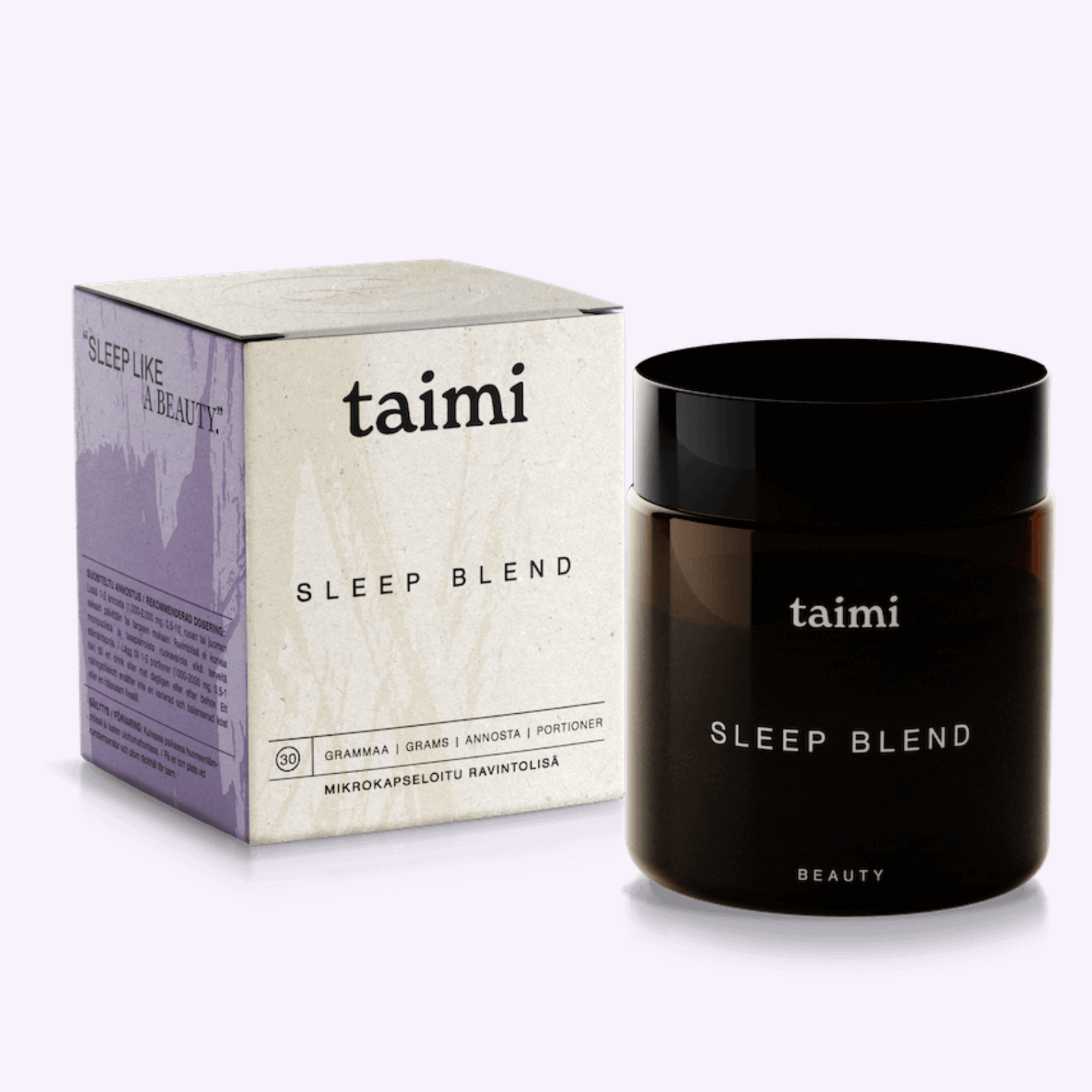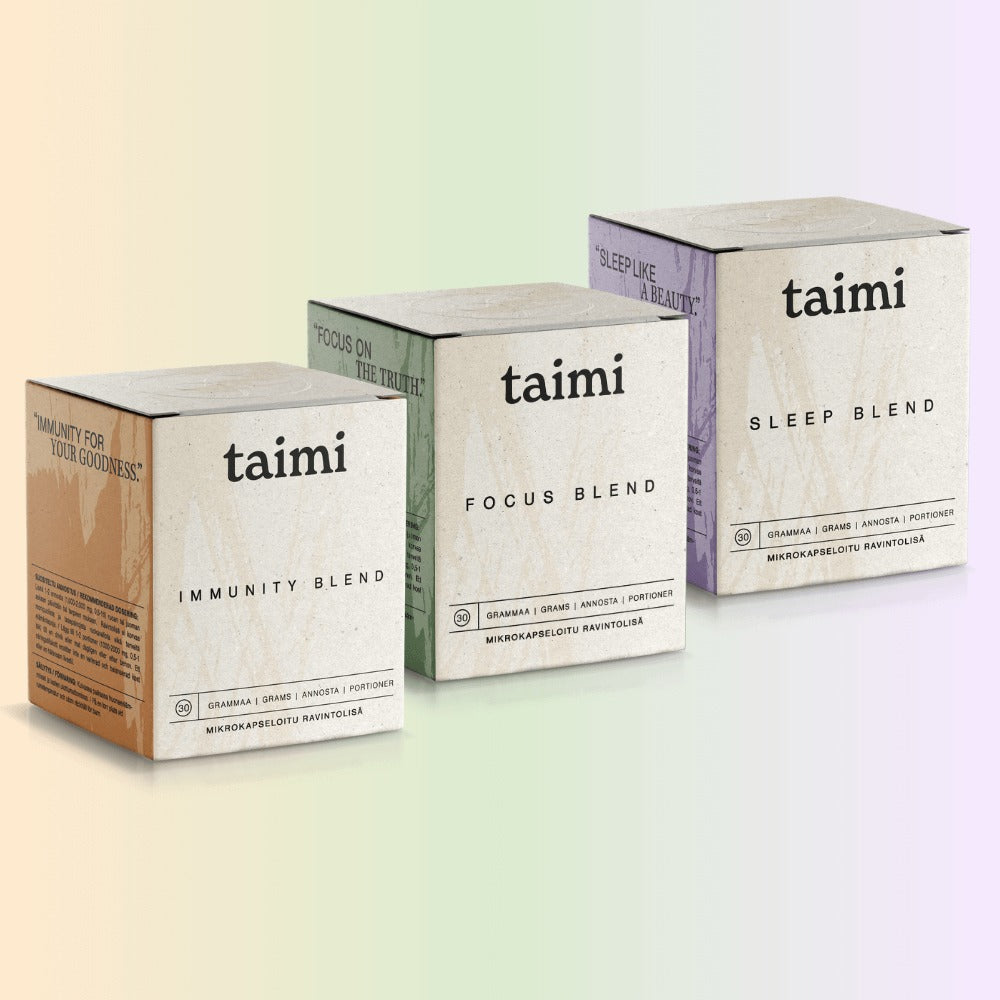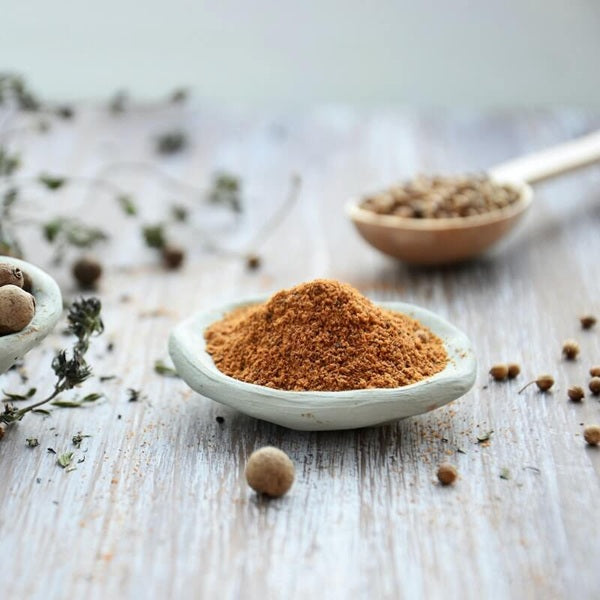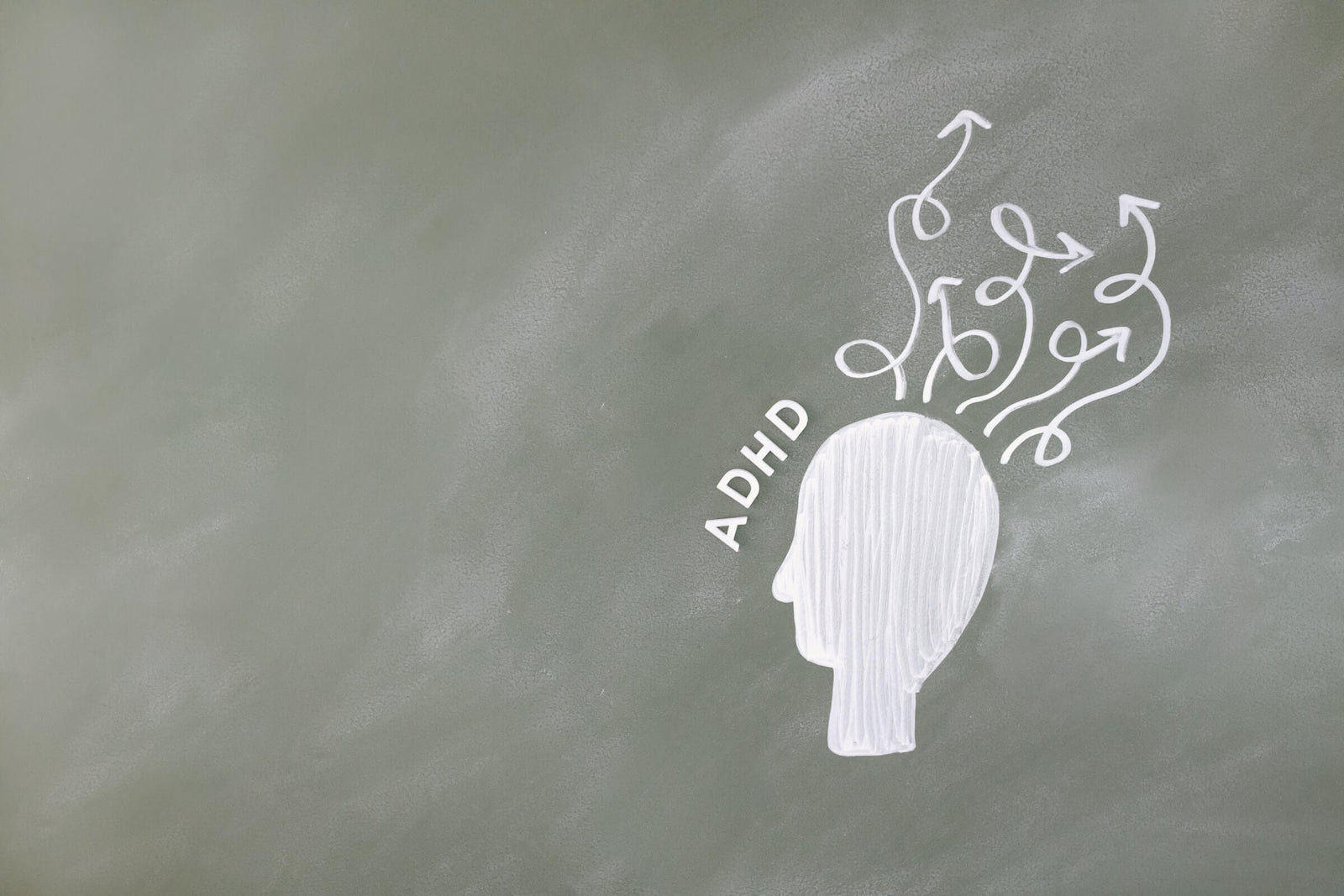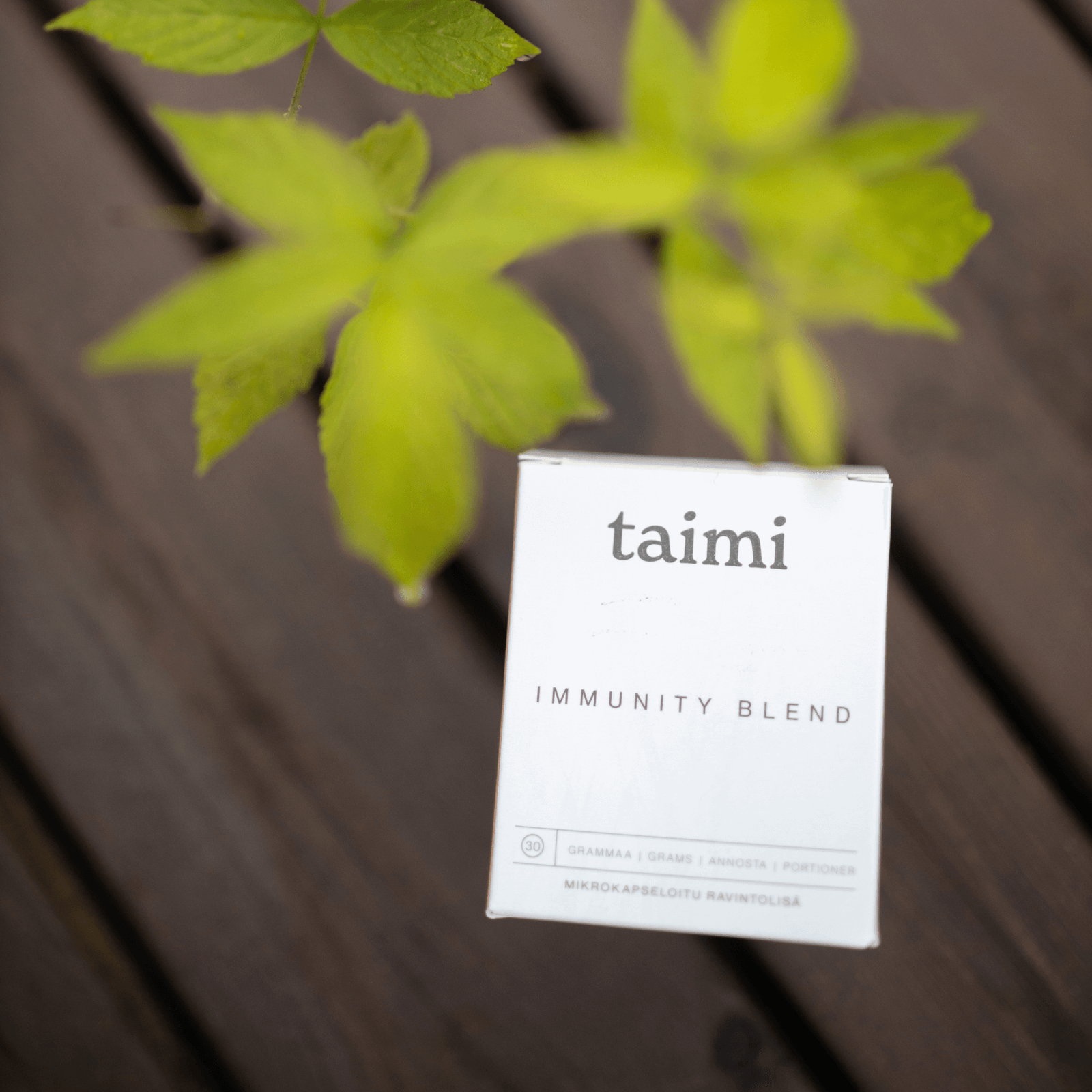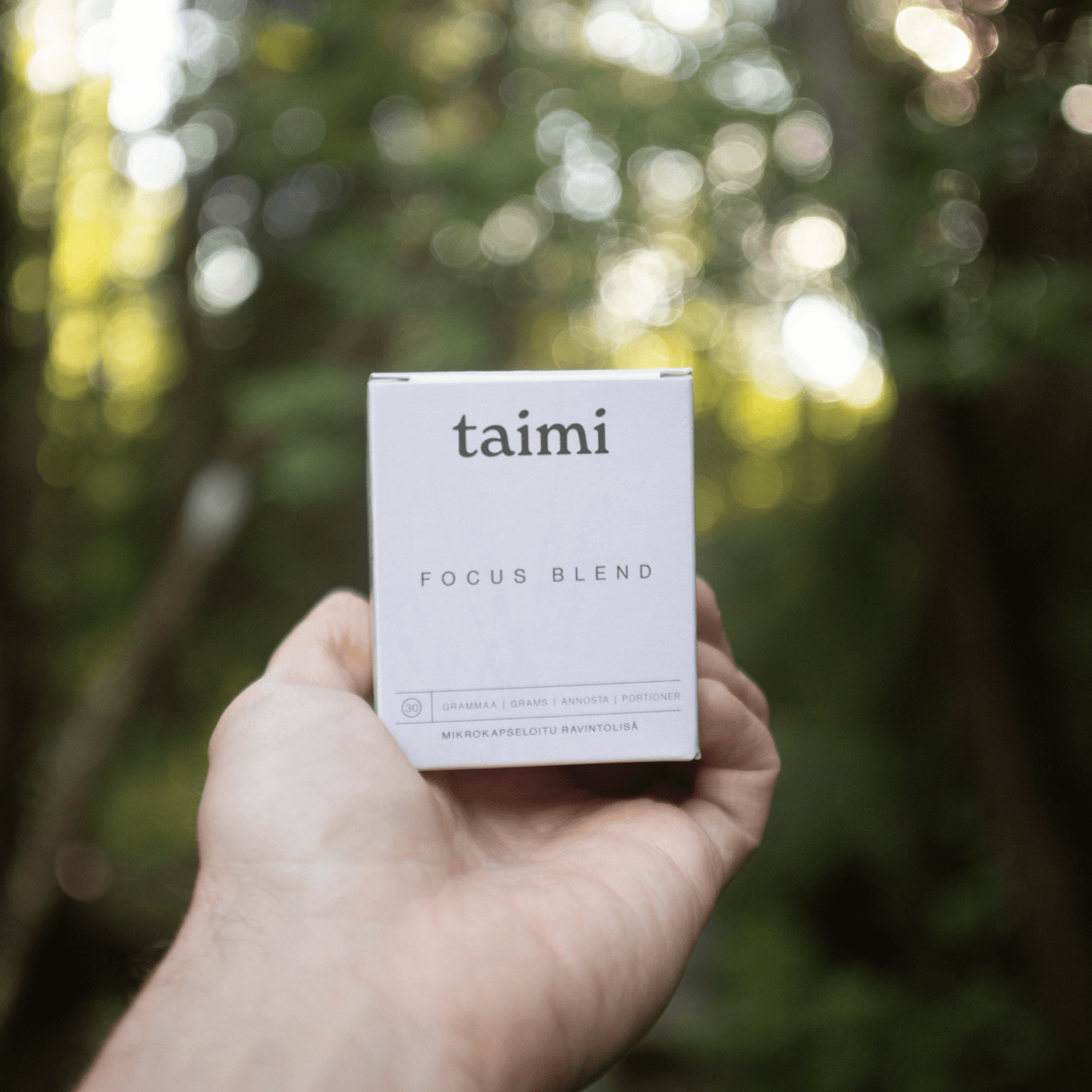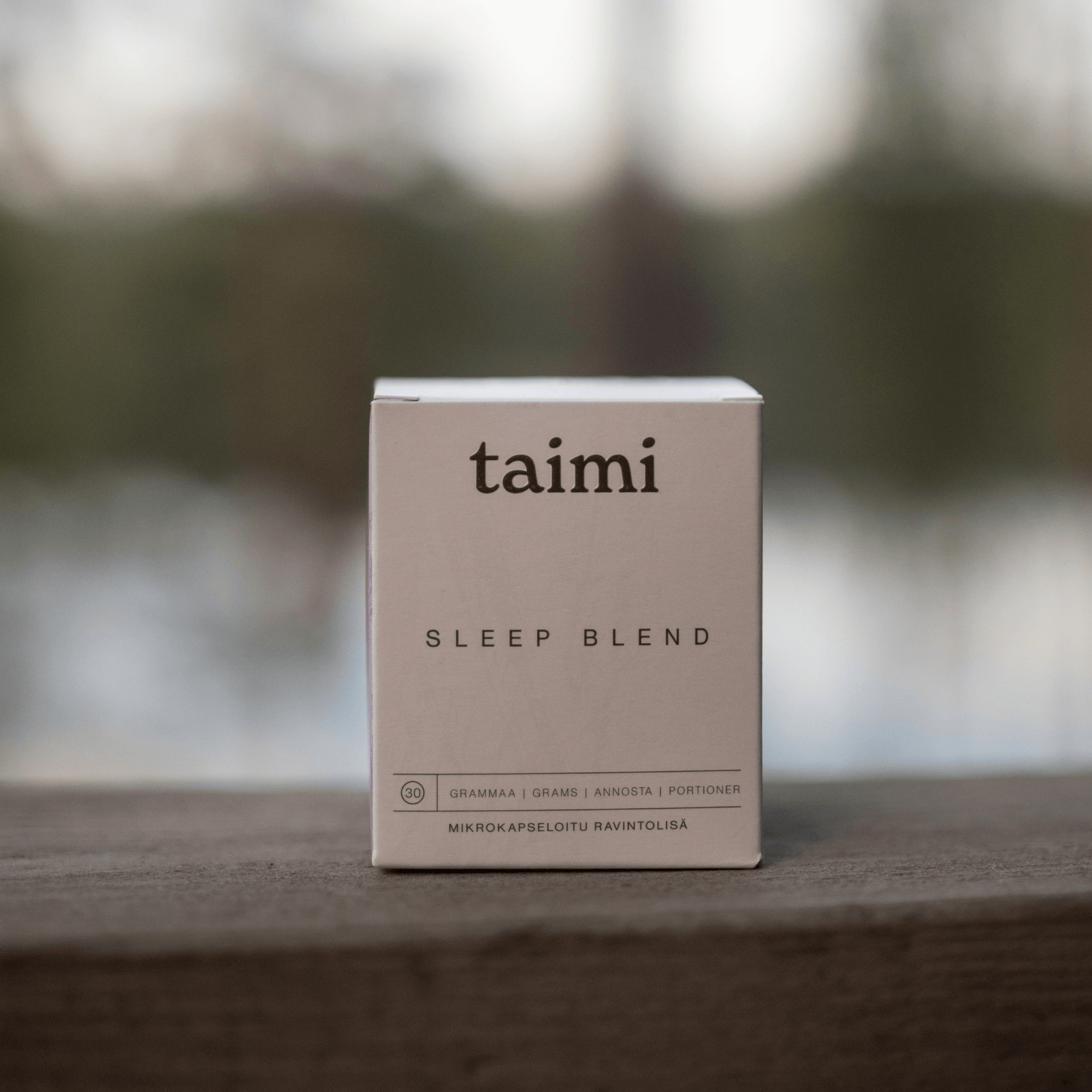Table of contents
It is estimated that one in ten Finns over the age of 65 is deficient in vitamin B12, as the absorption of the vitamin decreases with age. Deficiency is less common among young people, but vitamin B12 deficiency is especially common among those who follow a vegetarian and vegan diet, because plant products do not contain vitamin B12 in a form that is easily absorbed by humans.
Vitamin B12, or cobalamin, improves energy levels and helps reduce feelings of fatigue and exhaustion. Adequate intake of vitamin B12 supports, among other things, thyroid function and cell methylation, and deficiencies cause serious health problems.
What is vitamin B12 needed for?
Vitamin B12 has the most complex and extensive chemical structure of all vitamins. Unlike other vitamins, vitamin B12 contains cobalt, a metal commonly referred to as "cobalamin," an umbrella term for all the various compounds that contain the properties of vitamin B12.
What does vitamin B12 affect in the body?
Vitamin B12 affects many things in the body. The most important areas where vitamin B12 is needed are listed below.
- For the formation of red blood cells
- To recall the memory to the mind
- For cellular energy production
- For the absorption of nutrients
- Adrenal function
- For the regeneration of the nervous system and brain
- for DNA synthesis
- For women's and men's reproductive capacity
Vitamin B12 deficiency and deficiency symptoms
What symptoms does vitamin B12 deficiency cause? Vitamin B12 deficiency can cause , among other things, the following symptoms:
- Low energy and chronic fatigue
- Lack of concentration
- Bad memory
- Muscle tension
- Abnormal variation in emotional states
- Lack of motivation
- Infertility in women
- Low testosterone levels in men
- Digestive problems (for example, leaky gut syndrome or IBD)
- Hypothyroidism

Adequate intake of cobalamin through food is important to avoid problems related to nervous system function or red blood cell formation, for example.
What increases the risk of developing vitamin B12 deficiency?
The two most common causes of vitamin B12 deficiency are insufficient intake from food and impaired absorption of the vitamin from food into the body. You are more likely to develop vitamin B12 deficiency if:
- You have had a Helicobacter pylori infection or stomach ulcer
- You are over 50 years old
- You are vegan or vegetarian
- You have had weight loss/bariatric surgery
- You have inflammatory bowel disease, leaky gut syndrome or other serious digestive tract disease
- You are taking one or more of the following medications: antibiotics, birth control pills, gout, blood pressure, diabetes, psychosis, or cholesterol-lowering medications.
By far the biggest cause of vitamin B12 deficiency is malabsorption. Like most health problems, it all starts in the gut. The American Journal of Clinical Nutrition reports that malabsorption of the vitamin from food is the primary cause of vitamin B12 deficiency. Absorption disorders can often be caused by leaky gut syndrome, but some other intestinal disease can also cause disturbances in vitamin absorption.
One key factor that reduces absorption is aging. As people age, the mucous membranes of the digestive system shrink, making vitamin B12 absorption problems more common and difficult to correct. Because of that, older people's need for vitamin B12 is greater and they should get a larger amount of it through food and, if necessary, supplement with a vitamin B supplement.
Impaired absorption of cobalamin
Insufficient intake of cobalamin from food can be caused, for example, by an autoimmune disease that damages the stomach lining. Typically, people don't start getting symptoms of this until age 30, and the average age of diagnosis is 60. Damage to the mucosa starts a chain of events that reduces the amount of stomach acid and thus weakens the body's ability to break down food. As the condition continues, the glycoprotein called "intrinsic factor" necessary for the absorption of vitamin B12 decreases, which further worsens the problem. Those suffering from this condition should supplement with vitamin B12 in injections.
Deficiency complications and diseases
Lack of vitamin B12 increases the risk of many different diseases, such as:
- Megaloblastic anemia
- Asthma
- Depression
- Chronic
- Fatigue
- Kidney diseases
- Macular degeneration
- Memory loss
- Migraine
- Multiple sclerosis (MS)
- Neuropathy
- Shingles
- Tinnitus

As you get older, you should take care of an adequate intake of vitamin B12, as it is normal for its absorption to decrease.
Megaloblastic anemia
Megaloblastic anemia is a type of anemia that occurs when the body does not produce enough red blood cells due to a lack of vitamin B12 or folate. This results in abnormally large, underdeveloped red blood cells (megaloblasts) that do not function properly and cannot carry oxygen around the body.
According to the Linus Pauling Institute at Oregon State University, megaloblastic anemia and vitamin B12 malabsorption can often be associated with a chronic inflammatory disease of the stomach called atrophic gastritis (acid-free stomach). In atrophic gastritis, autoantibodies attack the cells of the stomach, causing an infection. This leads to inflammation, which can lead to peptic ulcers, SIBO and dysbiosis.
Cognitive challenges
A lack of vitamin B12 can also cause cognitive challenges. Few vitamins are as critical to neurological function as cobalamin. As a cofactor of methionine synthase, vitamin B12 is widely involved in various regulatory mechanisms and brain development. B12 deficiency later in life appears to increase the risk of brain atrophy, dementia and Alzheimer's disease, regardless of whether they are otherwise healthy.
The neurological symptoms of B12 deficiency include memory loss, impaired cognition, a higher risk of developing MS and possibly a higher risk of developing Alzheimer's disease.
Deficiency prevention and elimination
How long does it take to correct vitamin B12 deficiency? It depends on how severe the deficiency is and what kind of dietary changes and supplements the person uses to correct the deficiency. In most cases, vitamin B12 deficiency lasts at least several weeks and possibly several months after the changes begin.
A blood test is usually required to diagnose vitamin B12 deficiency. A vitamin B12 test (Puhti test for women and men ) can show if the concentrations are lower than normal. Levels below 148 pmol/L indicate a true deficiency. Levels ranging from 148-221 pmol/l are in the "marginal state".
Testing for vitamin B12 deficiency is recommended for those with one or more of the following risk factors;
- Resection of the stomach or small intestine
- Inflammatory bowel disease
- Metformin use for more than four months
- Use of proton pump inhibitors or histamine H2 blockers for more than 12 months
- A vegan or vegetarian diet
- Adults over 65 years old
How to increase vitamin B12 intake naturally?
If you think you may be deficient in vitamin B12, the best way to correct the problem is to eat more foods rich in vitamin B12 than usual. Contrary to popular belief, plants and animals do not produce vitamin B12, bacteria do. This is why eating probiotic foods and foods that contain soil-derived organisms is important to your health.
Since most animals can store significant amounts of vitamin B12 in the bacteria in their meat, eating grass-fed meat is one of the best sources of vitamin B12 you can get. As well as seafood.
Vitamin B12 intake recommendation in Finland
The recommended daily intake of vitamin B12 in Finland is:
- Children : 0.7 to 1.4 micrograms per day
- Women : 2.0 micrograms per day
- Men : 2.4 micrograms per day
However, according to many experts, the recommended daily dose of vitamin B12 may be too low, especially for those who have digestive problems and/or are over 50 years old.
Best sources of vitamin B12
The best sources of vitamin B12 are (100g of food, vitamin B12 in milligrams (% of the recommended daily intake, for women)) :
- Beef liver, 110 µg (5500%)
- Reindeer liver, 84 µg (4200%)
- Pig liver, 40 µg (2000%)
- Kidney, 34 µg (1700%)
- Mussel, 22 µg (1100%)
- Broiler liver, 21 µg (1050%)
- Caviar, 20 µg (1000%)
- Octopus, 20 µg (1000%)
- Herring, 13 µg (650%)
- Anchovies, 11 µg (550%)
Many fish, internal organs such as the heart, and fish roe also contain reasonable amounts of vitamin B12. Be careful when cooking these foods. Although vitamin B12 is a very stable molecule, it can still be destroyed when heated at high temperatures. Cooking the meat to semi-cooked increases the total concentration of vitamin B12.

The best vitamin B12 supplements
Since your gut can produce some vitamin B12 on its own, improving your digestive health is critical to maintaining adequate levels of the vitamin.
Therefore, in addition to a diet rich in soil organisms and taking a B12 supplement, you should take a probiotic supplement to make sure you get enough vitamin B12. When purchasing a vitamin B12 supplement, choose a product that contains methylcobalamin and adenosycobalamin rather than cyanocobalamin. They are more natural forms and are usually better absorbed by the body.
Taimin's Focus Blend contains both methylcobalamin and adenosycobalamin, because they are absorbed and work better together than separately. Together with microencapsulation, Focus Blend might be the best absorbed B12 supplement on the market.
>> Check out Taimi Focus Blend here <<
Vitamin B12 injection
Vitamin B12 injections are an increasingly common treatment for vitamin B12 deficiency. Injection therapy is especially necessary for those with severe deficiency due to inflammatory bowel disease. In order to address the causes of vitamin B12 deficiency, it is also important to correct digestive tract problems.
Risks and adverse effects of vitamin B12
Vitamin B12 for vegans and vegetarians
Since vitamin B12 can only be found in foods of animal origin, vegans and vegetarians are more likely to suffer from vitamin B12 deficiency.
Certain bacteria living in the intestines produce vitamin B12. Consuming foods rich in probiotics can therefore support the growth and digestion of vitamin B12. If you are a vegetarian/vegan (especially pregnant and/or breastfeeding), make sure you supplement your diet with a B12 supplement. This will help you (and your baby if you're pregnant) get the nutrients you need.
If you are pregnant, do not use Taimin's Focus Blend, as it contains ingredients unsuitable for pregnancy. Instead, use just a vitamin B12 supplement or supplement products specially designed for pregnant women.
Vitamin B12 overdose
An overdose of vitamin B12 is not dangerous. Unlike many other vitamins, high concentrations of vitamin B12 are not known to be toxic. Doctors routinely inject patients with extremely high doses, up to 500 times the daily requirement, without any side effects.
B vitamins work most effectively together. That's why it's worth waiting for other B vitamins along with vitamin B12. Other essential B vitamins are
- vitamin B1 (thiamine)
- Vitamin B2 (riboflavin)
- vitamin B3 (niacin)
- Vitamin B5 (pantothenic acid)
- Vitamin B6 (pyridoxine)
- Vitamin B9 (folate)
- Vitamin B12 (cobalamin)
Summary
- The symptoms of vitamin B12 deficiency are manifold. These include, for example, chronic fatigue, general weakness, dizziness, impaired concentration and memory disorders.
- Deficiency is more common in vegetarians and vegans, because vitamin B12 can only be obtained from products of the animal kingdom. Vegetarians and vegans should supplement their normal diet with a vitamin B12 supplement.
- Vitamin B12, or cobalamin, helps with nervous system function, blood cell production, energy production, adrenal function and DNA synthesis, among other things.
- Good sources are, for example, meat and especially liver, fish, eggs and dairy products. Botanical products do not contain vitamin B12.
- The recommended dose for adults is about 2.4 micrograms per day.
- A blood test can confirm vitamin B12 levels within the blood reference values. If deficiencies are found in the tests, vitamin supplements or injections are most often used as treatment.

